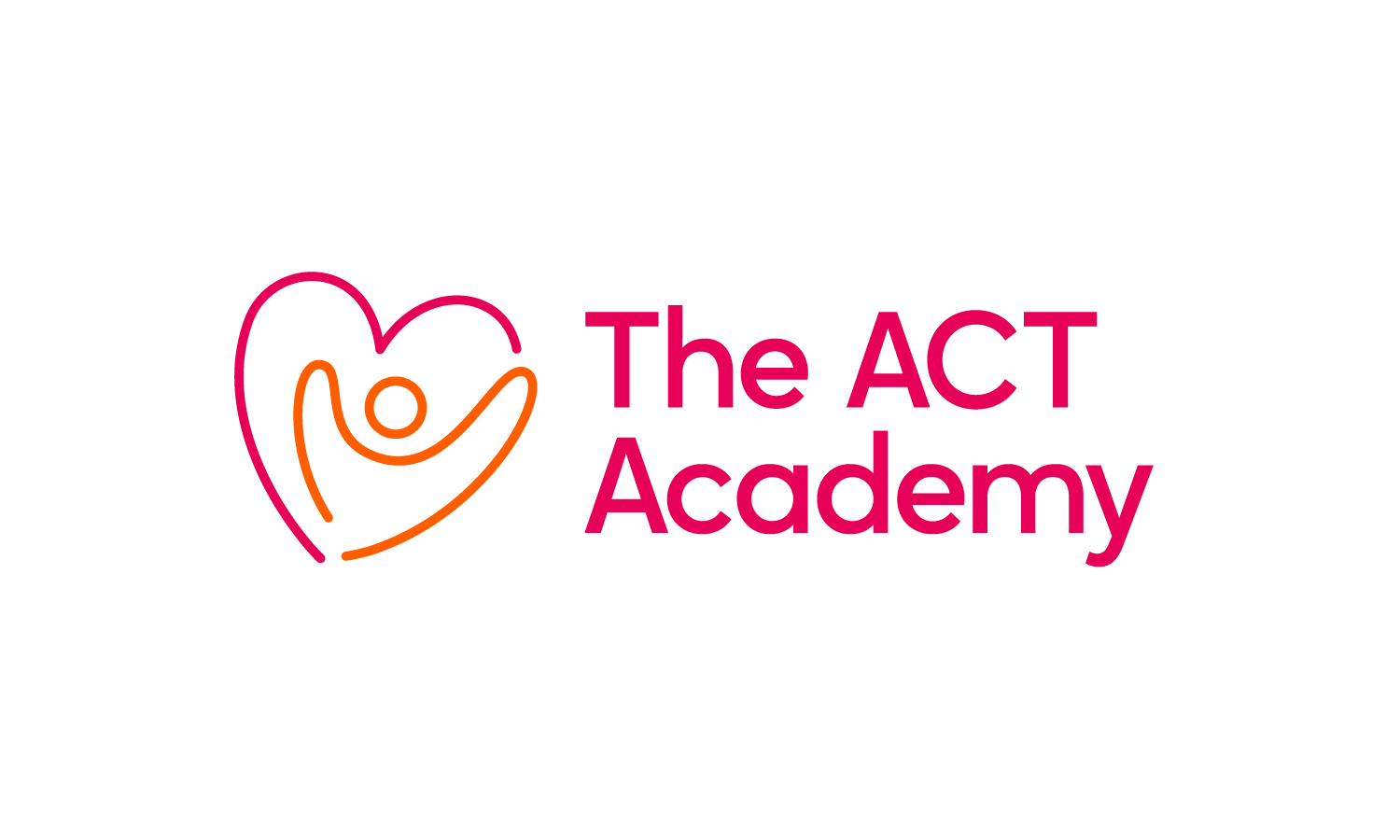ACT Beyond Basics:
Elevating Your Practice with Self-as-Context Interventions and Case Conceptualization
June 14 2024 | 10am-1:15pm EST | Virtual
3 CEs
ANDY SANTANELLO, PsyD
Licensed Psychologist
ACT Peer-Reviewed Trainer
Abstract:
Many clients come to therapy because they are struggling with issues about their sense of self such as low self-esteem, negative self-talk, and difficulty practicing self-compassion.. From a psychological flexibility perspective informed by key insights from Relational Frame Theory (RFT), inflexible “selfing” is a core feature of these issues. Acceptance and Commitment Therapy (ACT) is well-suited to help clients to discover new and more workable ways to relate to themselves. Unfortunately, many ACT therapists tend to shy away from self-as-context interventions because they can seem mysterious, theoretical, or confusing.
This will be an intermediate/advanced workshop for intermediate/advanced ACT practitioners. The foci of this highly experiential training opportunity will be to demystify self-work in ACT by presenting practical, RFT-informed strategies to conceptualize issues related to the self and to invite clients to experiment with more effective ways to “self.”
Target Audience: The workshop is ideal for practitioners already equipped with a basic or comprehensive understanding of the ACT. This workshop is not appropriate for practitioners completely new to the ACT model and will not cover introductory definitions of psychological flexibility. It is appropriate for all behavioral health professionals, including Psychologists, Licensed Mental Health Counselors, Psychiatrists, Social Workers, and Psychiatric Nurse-Practitioners.
Check out details below!
System Requirements: This course will be presented via Zoom teleconferencing software. Participants will not have to install any additional programs on their computer to take part. However, a web browser is necessary. (Mac users are recommended to use the Chrome or Firefox browsers to minimize tech issues). Participants can test their computer's capabilities by clicking here (or visiting http://zoom.us/test).
We recommend all participants test their ability to load Zoom in advance of the event to ensure there are no technical difficulties. All participants must log in via an individual connection, rather than as a group using one machine. A headset/headphones are recommended. A functioning microphone is also MANDATORY to attend this training, to allow for participation in role-play sessions.
Continuing Education Details: Participants are required to attend the entire training. Partial credits cannot be issued. For psychology CE credits, completion of the evaluation is strongly encouraged. If you do not wish to complete the evaluation but desire to receive psychology CEs please contact info@theACTacademy.com after the training event.
There is a 30-day time limit post-training to complete all CE requirements. CE Credit Certificates will be emailed to all completers of the training within 30 days after all course requirements have been completed. CEs are awarded contingent on timely post-event paperwork submission by event organizers.
CEs for Psychologists: The program is Approved for CEs for Psychologists. The Association for Contextual Behavioral Science is approved by the American Psychological Association to sponsor continuing education for psychologists. The Association for Contextual Behavioral Science maintains responsibility for this program and its content. CEs for Psychologists are awarded contingent on timely post-event paperwork submission by event organizers.
CEs for Social Workers: This program is Approved by the National Association of Social Workers (Approval #886914667-7581) for 3 continuing education contact hours.
Learning Objectives:
Conceptualize common problems of self-relating in terms of ineffective use of coordination, hierarchical, deictic, analogical, and distinction framing.
Identify common, unworkable styles of self-relating, using data from clinical observations and client’s self report and describe interventions to target these behaviors.
Practice experiential interventions and metaphors to create opportunities for clients to develop a more flexible and compassionate style of self-relating.
About the Presenter: Andrew Santanello, Psy.D is a licensed, clinical psychologist in Maryland. He is a Peer Reviewed Acceptance and Commitment Therapy Trainer, a National Cognitive Processing Therapy trainer, and has provided expert training and consultation to military and civilian providers for over 15 years. His professional interests include dissemination and practice of Evidence-Based Psychotherapy with an increasing focus on mechanisms of change and process-based psychotherapy, psychological resilience, and the intersection of behavioral science and mindfulness-based approaches to alleviating human suffering.
Disclosures: Dr. Santanello received a speaking fee from The ACT Academy for this presentation and has no other relevant financial relationships to disclose. No commercial support was obtained for this CE program that could be construed as a conflict of interest.
Cancellation and Refund Policy: A $25 processing fee will be charged for registration refunds requested more than 15 days prior to the workshop. We regret that within 15 days of the workshop, refunds cannot be made, but you may request credit toward a future ACT Academy program. If you need a refund, please contact us via email at info@theACTacademy.com.
ADA Accommodations: This workshop will be closed captioned in English. If there are additional ADA accommodations that you require, please contact us at info@theACTacademy.com or +1 (240) 542-8503. Mail can also be sent to 2 Wisconsin Circle, Suite 915, Chevy Chase MD, 20815
9:45-10:00am EST Sign In
10-11:30 Selfing as Behavior
Common Problems Related to Selfing
Selfing as Relational Framing
Coordination Framing
Distinction Framing
Hierarchical Framing
Deictic Framing
Assessing Ineffective Styles of Self Relating Through Relational Framing
Conceptualizing Inflexible Selfing
What’s The Frame? (Experiential Learning Activity)
11:30-11:45 Break (No CEs)
11:45-1:15 Shaping Effective Styles of Self-Relating
Modeling Flexible Self-Relating
Evoking Observational Self-Relating
Evoking Hierarchical Self-Relating
Evoking Compassionate Self-Relating
Practicing Perspective Taking (Experiential
Learning Activity)

